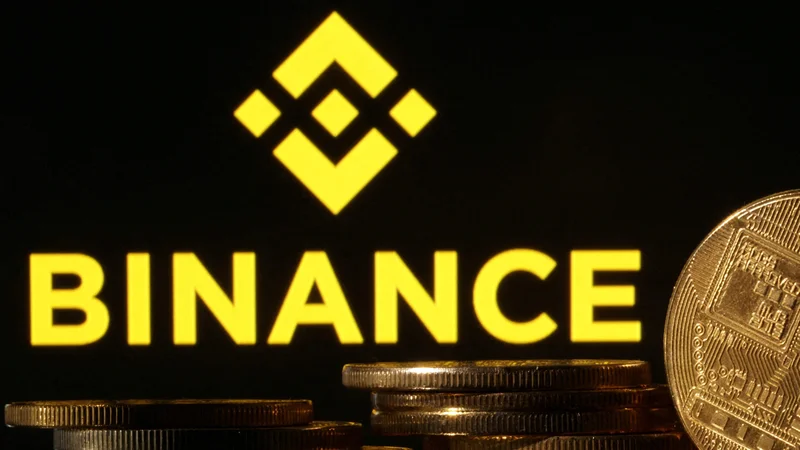Buenos Aires Bets on Binance: A Recipe for Crypto Education or Disaster?
Binance is teaming up with Buenos Aires to push crypto adoption. The stated goal? To empower citizens through digital assets. Sounds nice, right? Borderless transactions, financial inclusion – all the buzzwords are there. But let’s dig into the numbers and context before we uncork the champagne.
The Argentine Crypto Landscape: A Volatile Mix
Buenos Aires already has a sizable crypto community. Why? Because Argentinians are battling serious inflation. Stablecoins become attractive when your local currency is losing value faster than ice cream on a summer day. They're looking for a safe harbor, and crypto seems like one.
But here's the rub: Argentina's President Javier Milei, the guy now in charge, previously promoted a meme coin called LIBRA. It crashed. People lost money. Milei faced a criminal probe, but was cleared by the anti-corruption unit in June (though the probe is ongoing). Meme coins, let's be clear, are essentially digital lottery tickets. They're built on hype and speculation, not sound economics.
So, we have a city with a real need for financial stability, partnering with a major crypto exchange, in a country where the president has a history with… questionable digital assets. The potential for things to go south is, let’s say, non-negligible.

Education or Exploitation? The Million-Dollar Question
The collaboration includes educational programs and awareness campaigns. Great. But here's the critical question: will these programs honestly address the risks? Or will they gloss over the volatility, the potential for scams, and the basic fact that crypto is still largely unregulated?
Neither the Buenos Aires government nor Binance has responded to questions about whether the campaign will educate citizens about the potential dangers of crypto trading. That silence speaks volumes. It's like a car salesman who only talks about horsepower and never mentions the brakes.
This is the part of the analysis I find genuinely concerning. Crypto education needs to be brutally honest. It needs to explain impermanent loss in DeFi, the Ponzi-like structures of some yield farms, and the rug-pull potential of unaudited projects. If it doesn't, it's not education; it's marketing – a subtle push to get more people onto the Binance platform.
The goal is to help more citizens experience crypto as a tool for empowerment, financial inclusion, borderless transactions, and user empowerment. But at what cost? Are we setting people up to be fleeced? What happens when the next meme coin implodes, leaving Argentinians who could least afford it holding the bag? It's like teaching someone to swim by throwing them into the deep end with cement shoes.
Is This Really About Empowerment?
Binance's heart might be in the right place, or it might be motivated by the potential to onboard thousands of new users in a market ripe for adoption. (The acquisition cost of a new user is substantial (reported to be between $50 and $200, depending on the acquisition channel.)) Either way, the success of this partnership hinges on the quality and honesty of the "education" being provided. If it's just a thinly veiled marketing campaign, it's a recipe for disaster. As one report notes, the partnership aims to "[encourage] sensible crypto adoption" Binance, Buenos Aires to Encourage Sensible Crypto Adoption—But What About Meme Coins? - Decrypt, but the focus on meme coins remains a concern.




